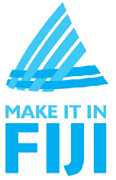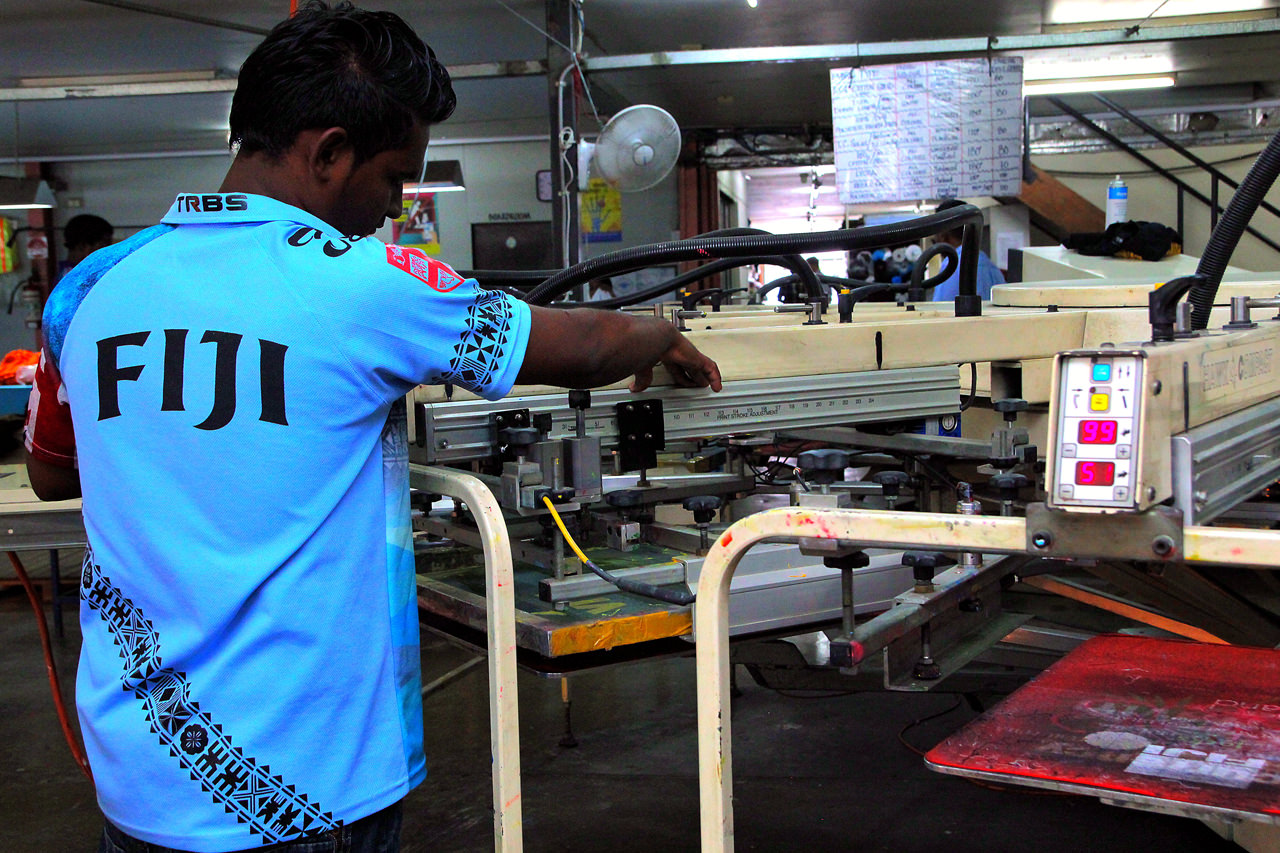Learn More About Our Home
Fiji was first settled around 3,500 years ago. The original inhabitants are now called “Lapita people” after a distinctive type of fine pottery they produced, remnants of which have been found in practically all the islands of the Pacific and east of New Guinea, however not in eastern Polynesia.
Unlike the islands of Polynesia which showed a continuous steadily evolving culture from initial occupation, Fiji appears to have undergone at least two periods of rapid culture change in prehistorical times.
This may have been due to the arrival of fresh waves of immigrants, presumably from the west.
Prehistorians have noted that a massive 12th century volcanic eruption in southern Vanuatu coincides with the disappearance there of a certain pottery style and its sudden emergence in Fiji.
It is hardly surprising that the Fijian culture is an intricate network and generalisations are fraught with danger. Although the legendary King of Bau, Naulivou and his successors had control over a large area of eastern Fiji, at no time before colonisation was Fiji a political unity. Nevertheless, Fiji does exhibit certain traits that set it apart from its neighbours and this defines a distinctive Fijian culture.
Masi, also known as tapa, is bark cloth with black and rust-coloured printed designs. Masi played an important role in Fijian culture and its motifs had symbolic meaning and to a certain extent still do.
It is used for special occasions. For example, in 1996 the Tui Cakau wore masi ceremonial attire at his installation as paramount chief of the Cakaudrove region. Fijian masi is now commonly sought after by tourists and is used for postcards, wall hangings and other decorative items. Textile designers often incorporate traditional masi motifs in their designs.

Investment Fiji (formerly known as the Fiji Trade & Investment Bureau) was established under the Economic Development Board Act (EDB) Act No.11 of 1980 to “promote, stimulate and facilitate economic development in Fiji”.
Investment Fiji’s team of professionals continue to provide services and assistance to local and international investors promoting, stimulating and facilitating new and increased investment in our nation, with an emphasis on job creation and exports.
With the assistance of trade offices in United States of America, Belgium, Japan, Malaysia, China, Indonesia, South Africa, Korea, New Zealand, New Delhi, United Kingdom, Taiwan, Australia and Papua New Guinea Investment Fiji is well-positioned to attract and support interested investors from any of these locations.
Australia and New Zealand have continued to be Fiji’s major trading partners, however more recently Fiji has been actively pursuing trade links with countries in South-East Asia. More recently, there has been a realignment of external trade policies so they better reflect the growing importance of key nations in South-East Asia. Foreign investment is encouraged in Fiji, particularly in joint ventures with local people and in the export oriented businesses.

Garment manufacture remains is a major contributor to the economy of Fiji; generating tens of millions of dollars in export revenues each year. The garment industry grew rapidly after the introduction of the Tax-Free Factory/Tax Free Zone (TFF/TFZ) scheme in 1987.
At that time garment and footwear manufacturers made significant impact as suppliers of export commodities. Challenging and changing economic and trade conditions have meant that over time both footwear and garment makers have been impacted. Though now operating with fewer factories than in the halcyon days, the sector still serves as a major employer in the Fiji economy. In particular, it offers employment opportunities at multiple locations around the country for women who often otherwise would not secure paid employment.
The export oriented garment industry was initially heavily reliant on preferential market access to Australia and New Zealand under the original SPARTECA arrangement. However, with the Australian and New Zealand economies becoming more closely integrated and tariffs being reduced, the level of preference in these markets has been eroded.
This has forced change upon the sector that has embraced the challenge of becoming more competitive in established markets. To this end, the support offered by the Government of Australia under an industry training and support program in the early 2000’s still reverberates through the industry and the ongoing market development support of the Government of Fiji has been most welcome.

